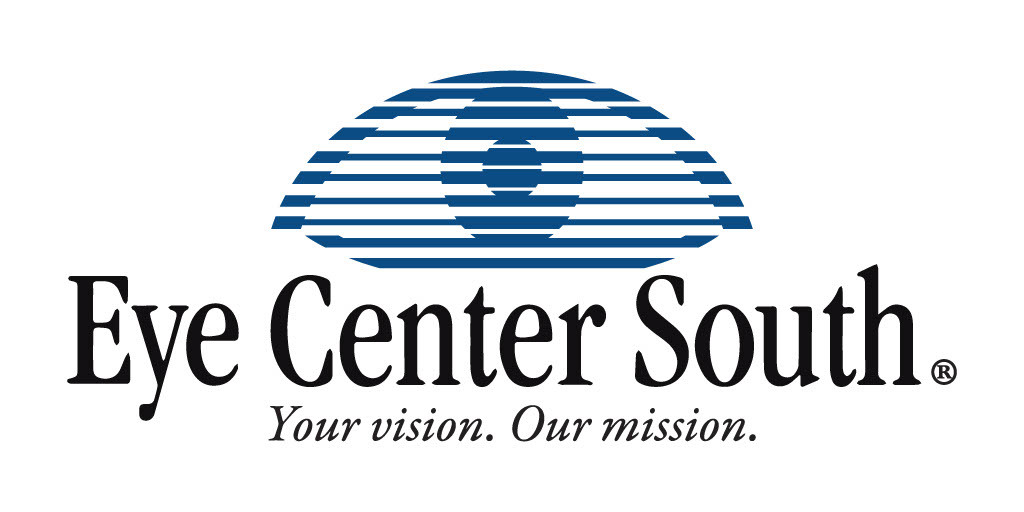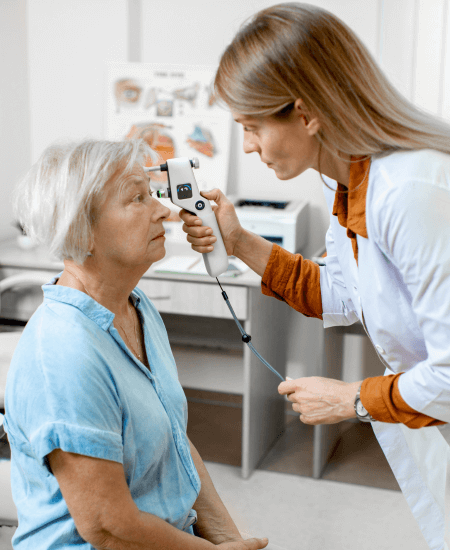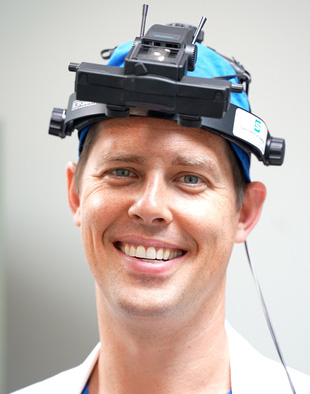The kind of work you do can greatly impact your eye health. Whether you spend a lot of time outside, on work sites, on the go, or sitting at a desk, it’s important to know just how much the nature of your work can impact your eyes, that way you’re best prepared to prevent and mitigate the side effects.
Here’s what you need to know about keeping your eyes healthy, no matter what your work environment looks like.
Protecting Your Eyes at The Office
If you commute to an office environment, you might have the flexibility to be up on your feet or you might find yourself spending most of your day at your desk. In either case, a number of environmental factors could contribute to your eye health, so it’s important to take precautions when you can. For instance:
- Manage harsh light, including direct sunlight from your window, by using blinds and shades. A harsh overhead light can be dimmed with the addition of a semi-opaque piece of heat-safe acrylic or plastic.
- Use directional lamps to help light up your workspace to avoid eye strain, especially if you find yourself working in a dimly lit environment.
- If you work with a computer monitor, make sure that you position it to avoid glare from nearby light sources. Either move the monitor or cover up the light source or try an anti-glare screen cover.
- When upgrading your monitor, opt for a flat-panel LED (light-emitting diode) screen over a CRT (cathode) screen and try to get one that’s at least 19” in size. Adjust your device’s brightness throughout the day to match your environment.

Supporting Eye Health as a Remote Worker
If you work from home, you’re bound to spend a great deal of time at your computer or laptop. As a result, that exposure to screen time could have a negative impact on the health of your eyes. Some of the factors to consider include how long you spend looking at screens, how frequently you take breaks, and how close you sit to your screens.
If you want to support your eye health as you work-from-home, try the following:
- Follow the 20-20-20 rule so that, for every 20 minutes you spend looking at your screen, you spend 20 seconds looking at least 20 feet away. This will help you avoid eye strain and potential vision damage caused by intensely focusing on a screen that’s very close to you.
- Use blue light glasses when looking at your devices. These glasses have special lenses that block the blue light emitted by electronic screens, so they can help prevent eye strain. If you wear prescription glasses, you might have the option of adding blue light protection.
- If you find yourself straining to read text, increase the default size in your device’s settings. You may also consider upgrading to a larger monitor.
- Check your posture! In addition to protecting your eyes, having good posture can make sure you avoid common ailments like back pain. One of the rules of thumb when setting up your home office is to position yourself about 18” from your monitor screen.

Eye Health Advice for Tradespeople
If you have a job as a tradesperson, you might be exposed to a number of workplace hazards that could harm your eye health. Following OSHA guidelines to protect your face and eyes is important, but it’s also worth considering the other environmental factors that might range from one job site to the next.
- If you spend any time outside, get a pair of sunglasses with strong UV protection to prevent unnecessary damage on sunny days.
- When working in environments with hazards, always wear the appropriate eye protection:
- If you’re exposed to debris, wear safety glasses with side shields.
- If you’re exposed to chemicals, wear goggles.
- If you’re welding or using specialty equipment, invest in the proper eyewear.
- Always know where the eyewash station is in case you get something in or around your eyes. This station can save your vision in an emergency.
Keep Your Eyes Healthy
Every job can impact your health if you aren’t careful about your routines and the precautions you take. However, by getting regular eye exams and taking extra steps to protect your eyes, you can avoid injuries, eye strain, and vision loss because of your career.





